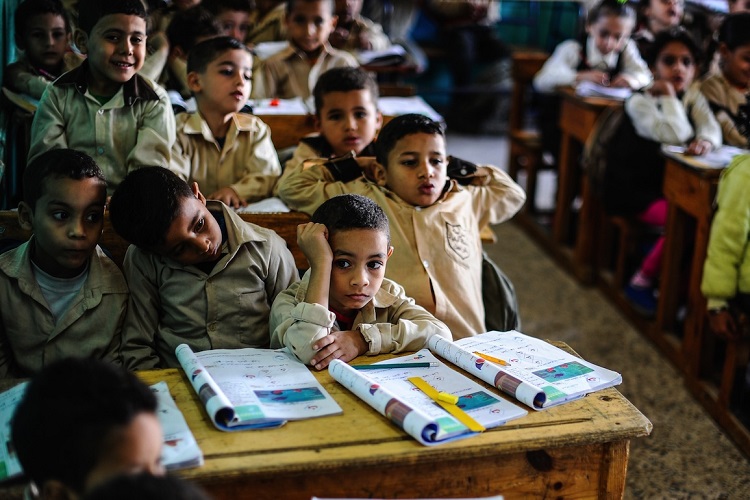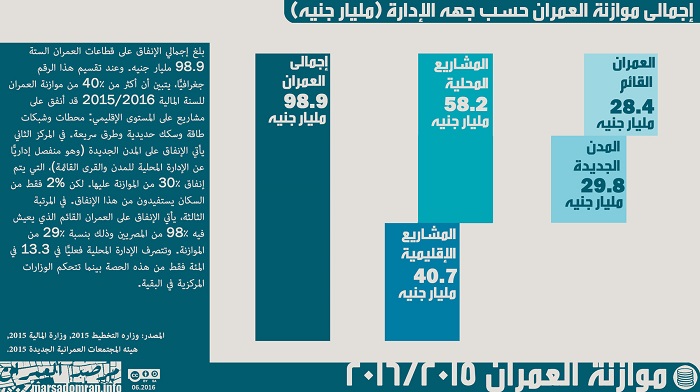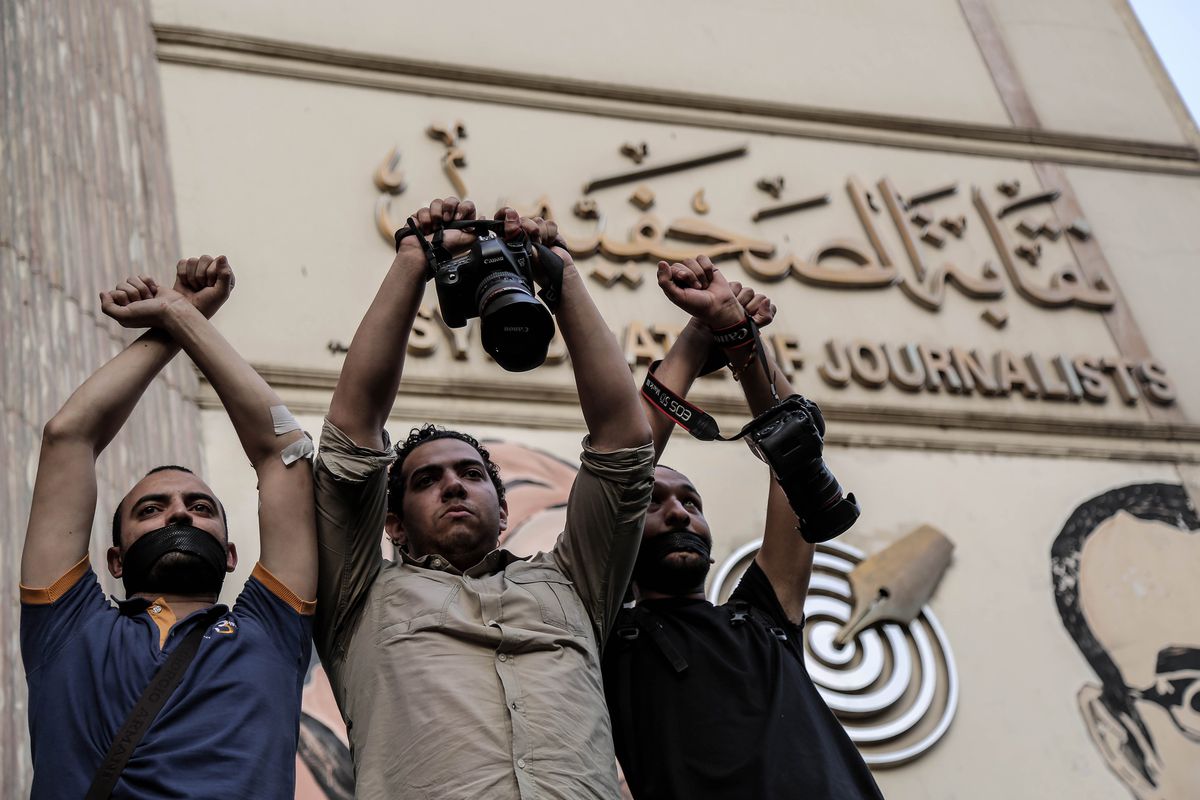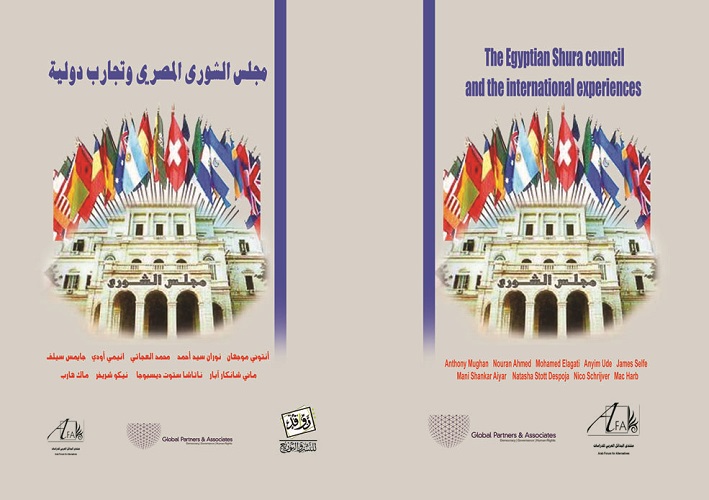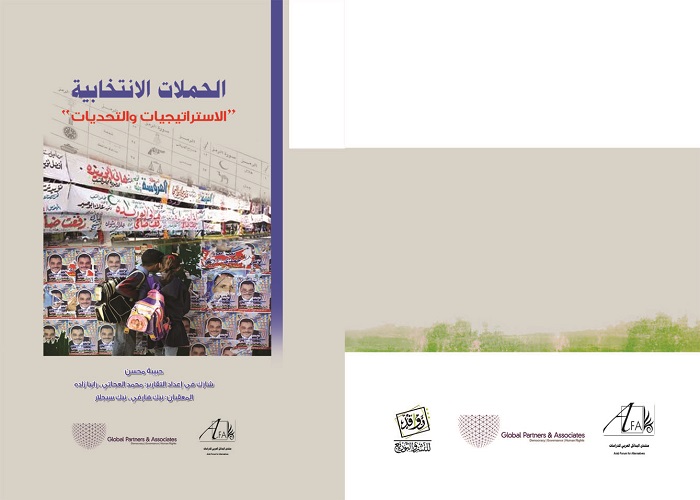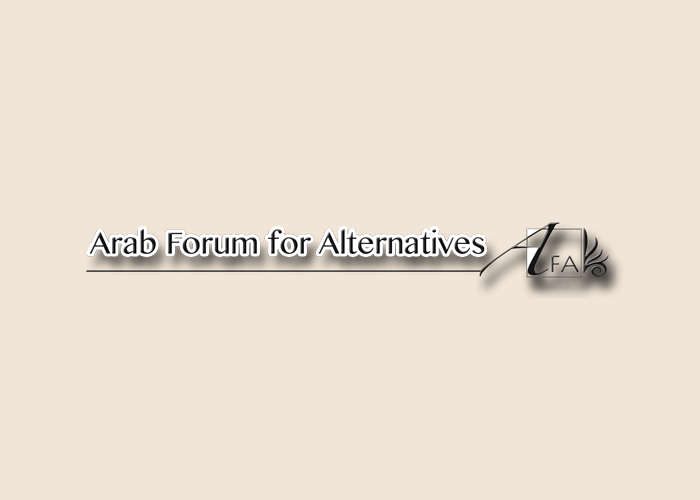Regulating the private sector providing Health care in Egypt “Policy recommendation”
Ahmed El MetwallyEgyptThe problems of the private sector in the healthcare field: There is a substantial lack of information about the status of the private healthcare sector. According to the Ministry of Health in 2013, Egypt is home to 1,422 private healthcare units with a total of 32.6 thousand beds, 25% of hospital beds in Egypt. This is in addition to more than 82,000 private clinics across the different governorates. The private sector takes a relatively major part in offering health services to Egyptians, yet is rife with problems, related especially to regulating its activities and prices and evaluating the…



